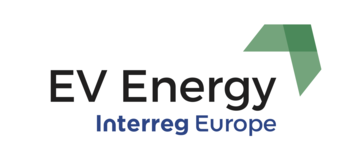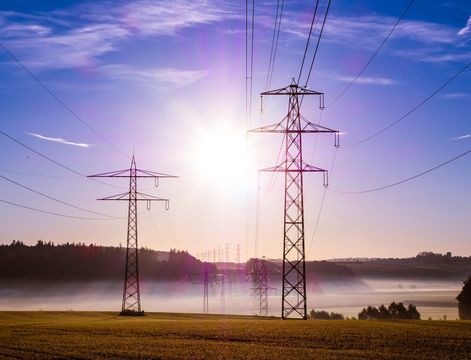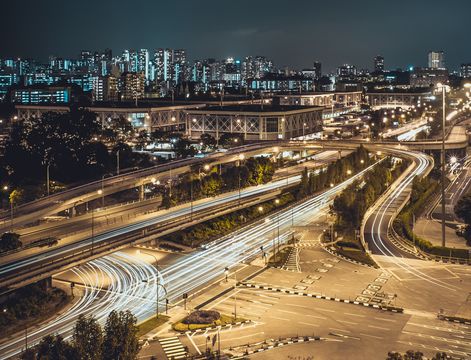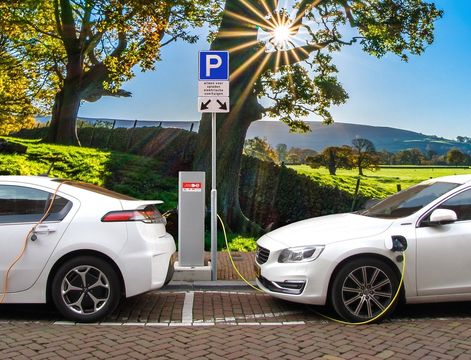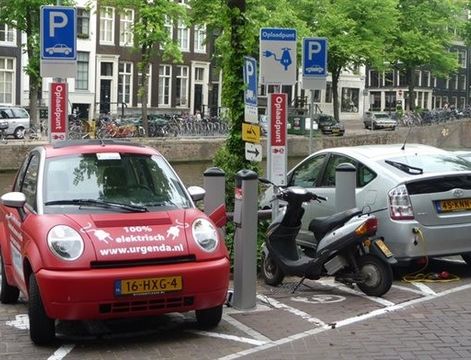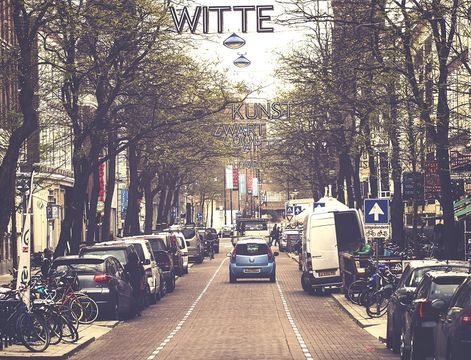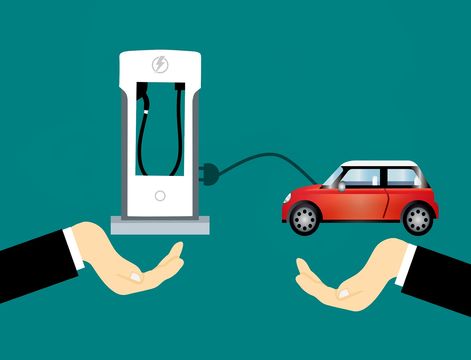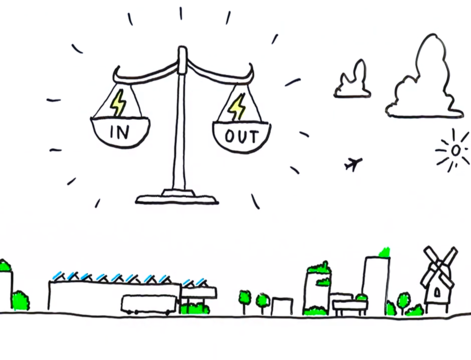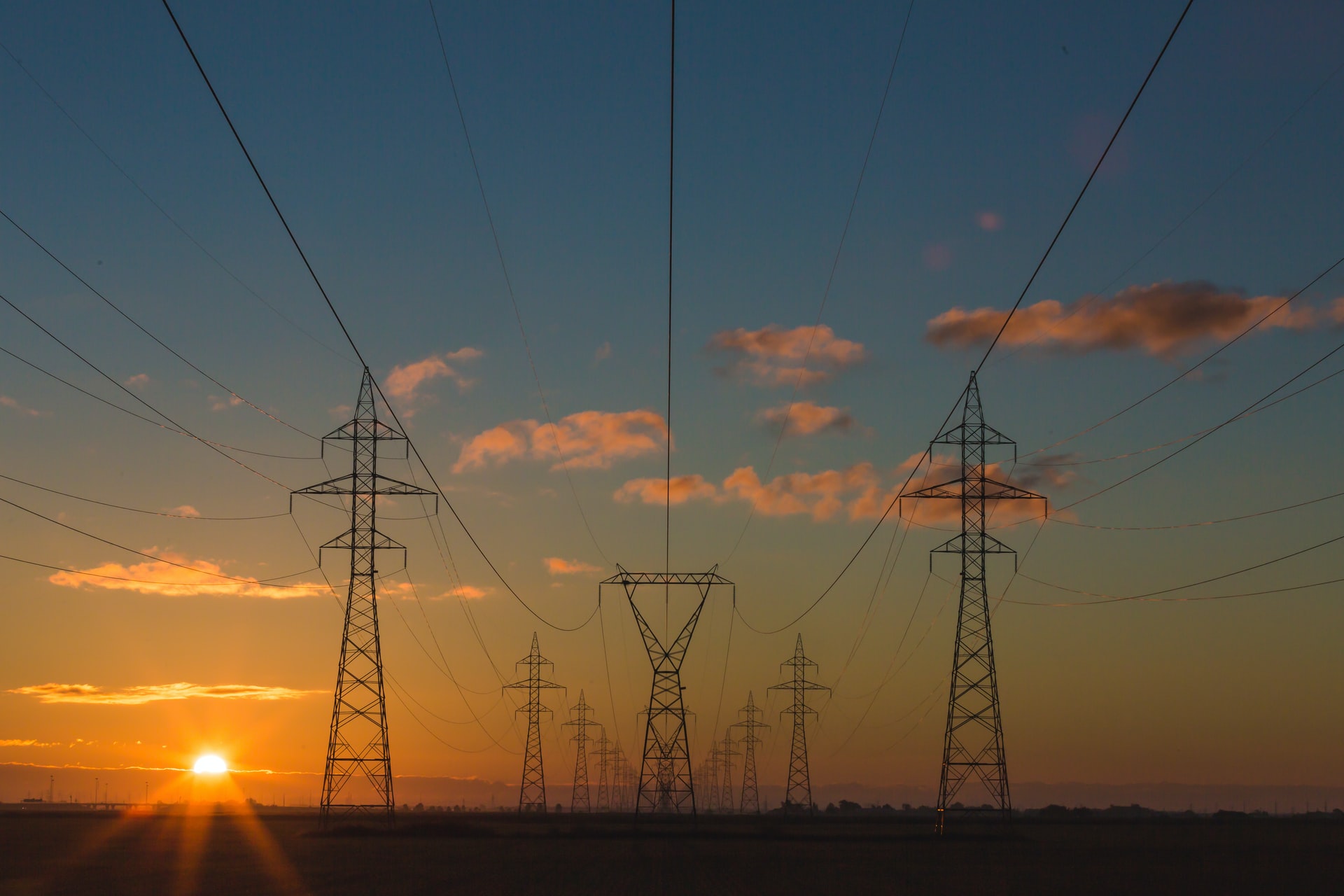Rome is a city that is by far over 2000 years old and which is, visible in every corner of its streets, steeped in history. But what has Rome’s historic past to do with our project and much more with the current development of electric mobility policies and infrastructure in the city, one could ask? A lot, is the answer.
The use of electric vehicles (EVs), and with it the development of a sustainable urban mobility planning, is logically dependent on a functioning and well-structured network of charging points. For this purpose, charging poles need to be installed all around the city which does, if even just to a small extent, constitute an interference into the cityscape and its cultural and architectural heritage. EV infrastructure plans and roll-out are therefore often hindered by cultural heritage protection. One out of a series of reasons why Rome might be somewhat delayed in the adoption of electric mobility measures.
Thinking one step ahead, a similar dilemma mighty arise for the hypothetic installation of solar panels on Rome’s “protected” rooftops as a renewable energy source to recharge EVs under self-consumption mode.
The private sector, as for instance the Italian enterprise Share’ngo, would however not let itself be discouraged by the situation and displays a silver lining on Rome’s electric mobility horizon. They launched a free-floating car sharing service with a fleet of 500 vehicles (1.400 including Milan and Florence). The initiative has encountered a great demand by the population and counts 25.000 subscribers (85.000 in the whole of Italy) to the service only one year after it got operational. In Rome, the company manages to charge its vehicles using a network of 85 charging points realised by the company itself in private areas. Furthermore, Share’ngo has a group of 19 employees working 24 hours a day to replace and re-charge cars.
Share’ngo is just one initiative on Rome’s way to a more sustainable urban mobility. The challenges and obstacles on this way are various and need creative solutions. EV Energy consortium intends to contribute to by its policy exchange and learning activities. In that sense our Workshop for Exchange of Experience at our 2nd Partner Meeting in Rome on the 18th October 2017 constituted another step towards fruitful collaboration among European regions. The above insights about the local and regional realities surrounding electric mobility developments are some among many things we could learn and discuss during this meeting.
